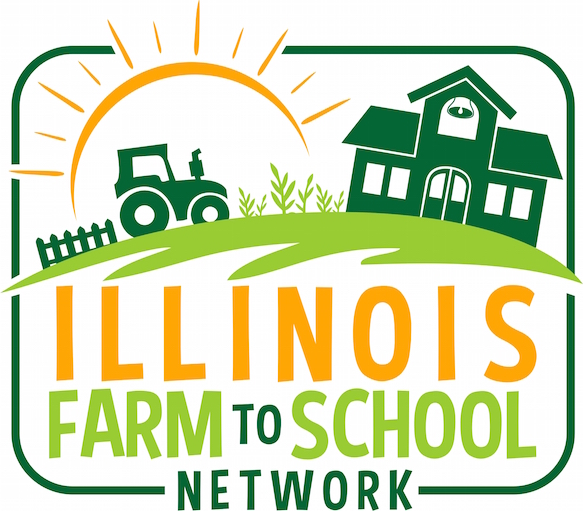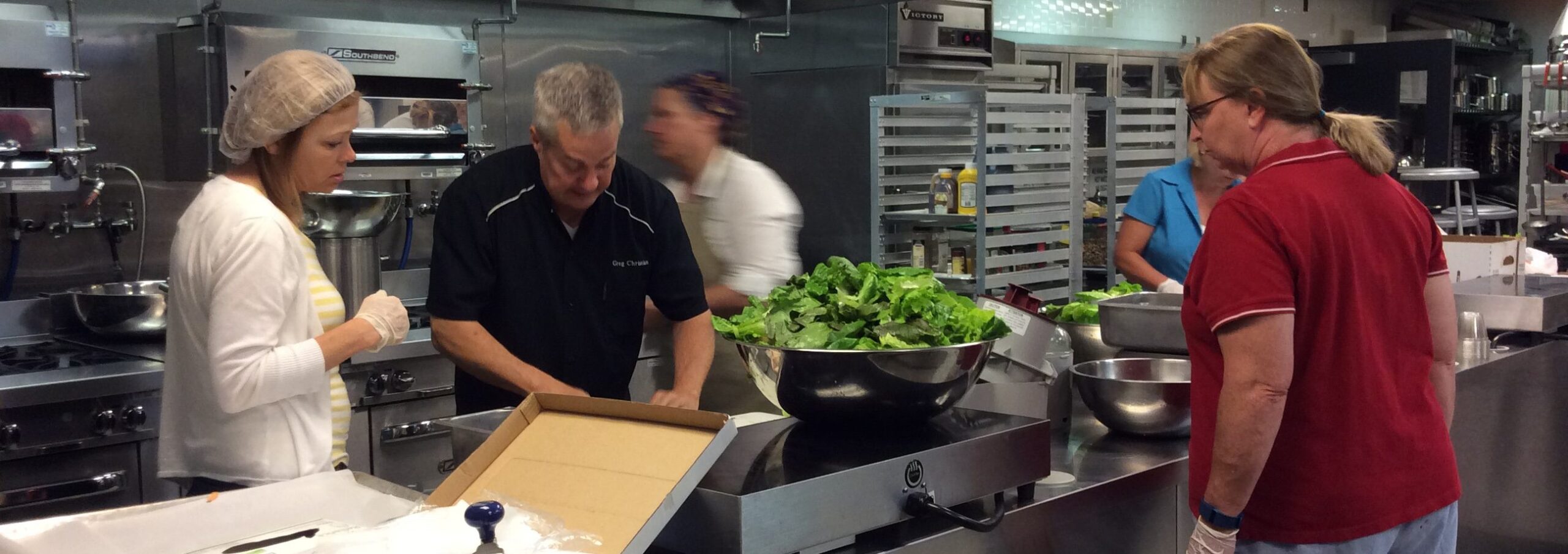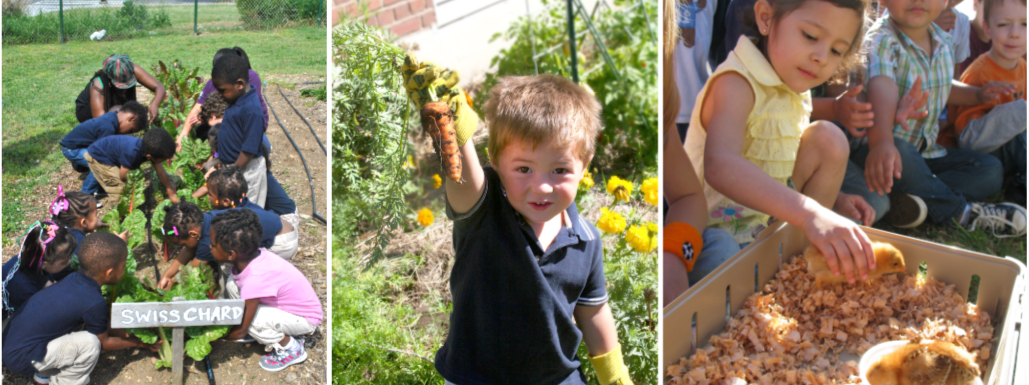
The Illinois Farm to School Network is comprised of teachers, early care providers, food service staff, farmers, and many others who are working to change food purchasing and education practices in their communities.
Our network provides training, connects partners, and shares resources about all aspects of farm to school — local food sourcing, food & nutrition education, and on-site gardening.
Our free programs provide feeding, garden and education sites with a platform on which they can share local and garden foods, food education and celebration of healthy, local food.

Seven Generations Ahead
The Illinois Farm to School Network is a program of Seven Generations Ahead, a non-profit dedicated to promoting the development of ecologically sustainable and healthy communities.

Illinois Partner
As a partner of the National Farm to School Network, the Illinois Farm to School Network supports farm to school and farm to early care and education efforts in Illinois while serving as a liaison for information, resources, needs and opportunities with the National Farm to School Network.







